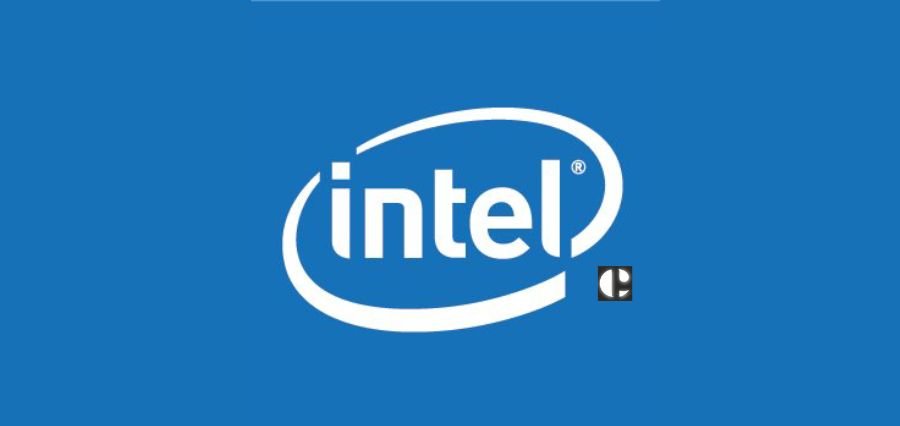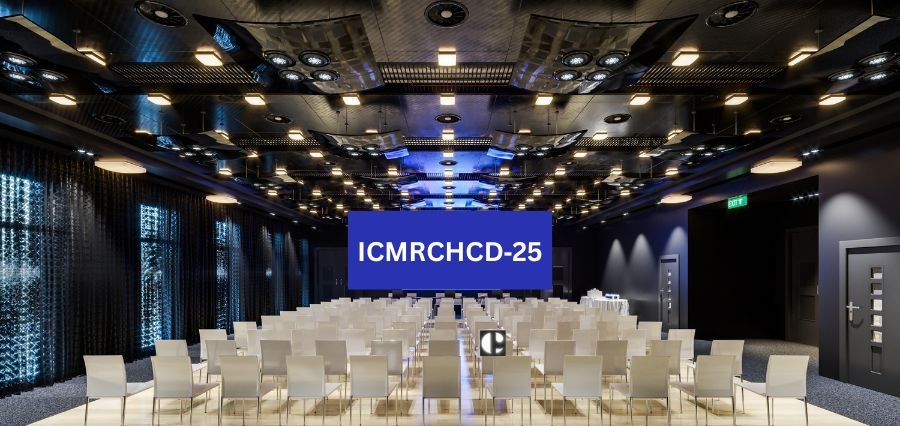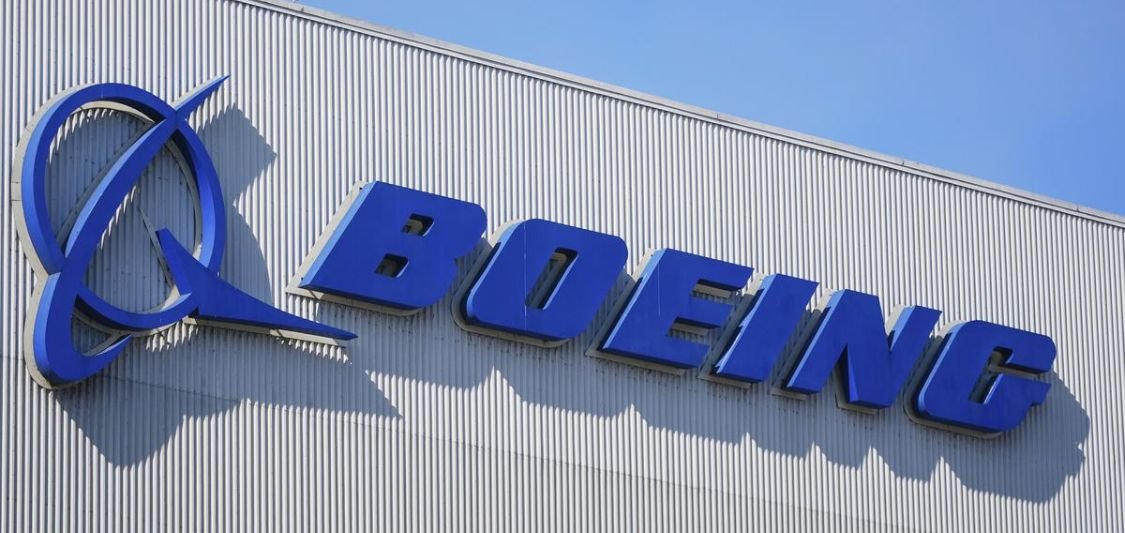Prime Highlights
- Intel scraps its giant chip factory plans for Germany and Poland in the face of purse-string pressure.
- It will downsize by 15%—roughly 24,000 workers—by the end of 2025.
Key Facts
- Intel made a Q2 2025 loss of $2.9 billion, with revenues flat at $12.9 billion.
- Incoming CEO Lip‑Bu Tan is implementing Lean-like cost-cutting and putting off speculative growth.
Key Background
Intel Corporation, previously the sole chipset manufacturing leader without a challenger, is being drastically reorganized at the hands of its new CEO, Lip‑Bu Tan. Intel is withdrawing from its earlier ambitious expansion plans in Europe as part of the restructuring. Intel has officially canceled its multi-billion-dollar chip factories in Germany and Poland—projects that were earlier marketed as instrumental in helping Europe achieve tech sovereignty.
This retreat comes on top of increasing financial woes. Intel posted a net loss of $2.9 billion for Q2 2025, a result both of competitive and operating pressure. Revenue was unchanged at $12.9 billion. Intel is steadily losing market share to faster and AI-oriented newcomers such as Nvidia and TSMC, which have quickly moved to clean up world market share.
Tan’s answer is a change in culture at Intel. His leadership is contrary to the old “build it and they will come” philosophy. Instead, he maintains that all future capital expenditures need to be backed by solid demand and economic reason. As part of this movement, Intel is also reconsolidating its assembly and testing functions, transferring production from Costa Rica to lower-cost bases in Vietnam and Malaysia. Furthermore, building in Ohio is being reduced until firm commitments are realized from customers. As part of its efforts to cut expenses and enhance efficiency, Intel intends to reduce its core staff by about 15%, or about 24,000 workers, by the end of the current year.
This will reduce its worldwide staff from close to 99,500 to 75,000. The reductions will be done through a combination of attrition as well as selective layoffs. Leadership layers will be reduced, and sign-offs on key chip designs will now go through the CEO’s office to guarantee focus, discipline, and timely delivery. Intel’s new priority is to grow its core chip portfolio, streamline operations, and invest intelligently—namely in AI-related technology—without over-stretching resources.
Read Also : John Oliver Reacts to “The Late Show” Cancellation: “Incredibly Sad,” But Eager for Colbert’s Next Phase









